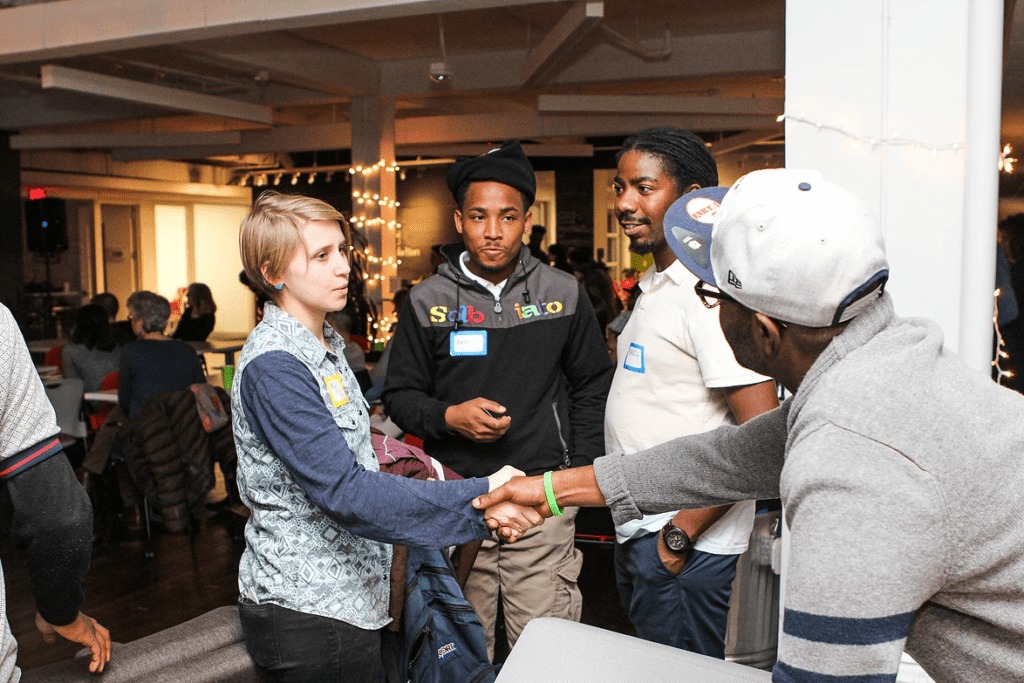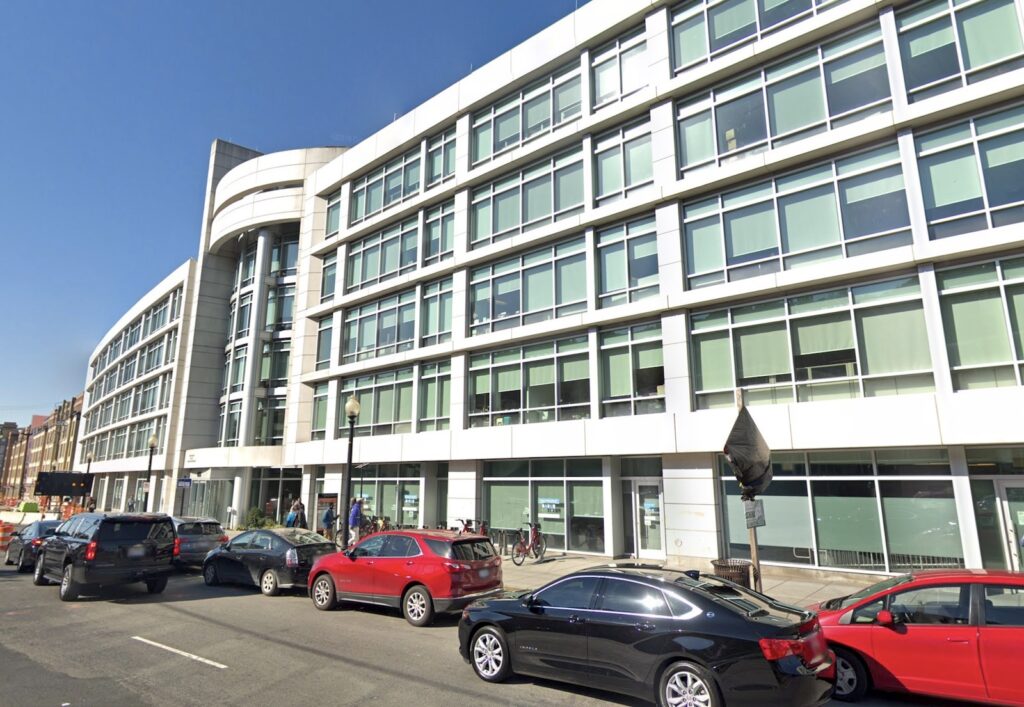The minimum wage in Washington D.C. is $13.25, and for people coming out of prison, even many of those jobs are out of reach. Guidance, too, is, hard to come by.
Juan Reid wanted to change that.
“Forming as a cooperative shows a new model to the world,” said Reid, co-founder of the Tightshift Laboring Cooperative.
Tightshift, founded in 2016, is D.C.’s first worker-owned cooperative business founded by returning citizens, according to their website. Workers get texts about jobs as they come, which include hauling, cleaning, moving and similar work. Workers get paid above minimum wage, between $15 and $17 per hour.
“If we’re working for someone else and they aren’t sharing the profits or leaving space for you to influence decisions, it’s just exploitation. Cooperatives show that people don’t have to exploit other people in order to have a business,” Reid said.
Reid has personal ties to the issue. He served 10 years in prison, including seven in solitary confinement, and when he got out, he was left with few options.
He was living on the streets, in a U-haul, trying to find gigs on Craigslist, trying to find a minimum-wage job. But he wasn’t satisfied. He met Allison Basile when she was promoting a solidarity economy and grassroots organizing in Reid’s neighborhood. She explained her ideas about working co-operatives, where everyone is a co-owner and their own boss. Reid felt enlightened.
During his time in solitary, he had time to think about the way our society functions.
“Solitude granted me access to this world’s most exploited human natural resource: my imagination,” Reid said. “It forced me in a situation where I had to choose between despair and hope.”
Tightshift formed about two years ago. Basile and Reid now have seven regular employees. Some of them have had similar experiences to Reid’s. They were unsatisfied with the current system and wanted a way out of it.
One current worker, Mike, said that before Tightshift, he was working on and off in retail jobs. He says Tightshift gave him a new perspective on life.
“I love the work environment,” he said. “I’m grateful to be able to meet new faces and exchange different cultures from time to time, and learning new ways to live away from capitalism.”
Mike estimated that he’s worked at least 20 jobs through Tightshift. He has been able to use his dynamic marketing and artistic skills as well as work with his hands, a combination he hasn’t experienced in past jobs.
Sometimes, Tightshift isn’t able to provide enough hours for their workers to sustain themselves and their families, Basile said. This is an issue being addressed as the program works to expand opportunities for hours. She said some workers, while she has been sad to see them go, have moved on to work at traditional businesses.
Basile and Reid, however, hope to grow Tightshift even more in the next few years — to take on more workers, provide more services, and even create a healing center on community-owned land in Virginia, sticking to their values of “freedom, integrity, and love.”
“We work with others to come up with solutions on how we all can survive by sticking together,” Mike said.








